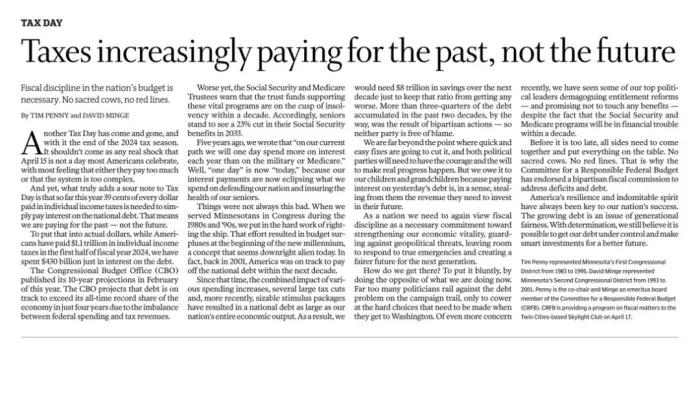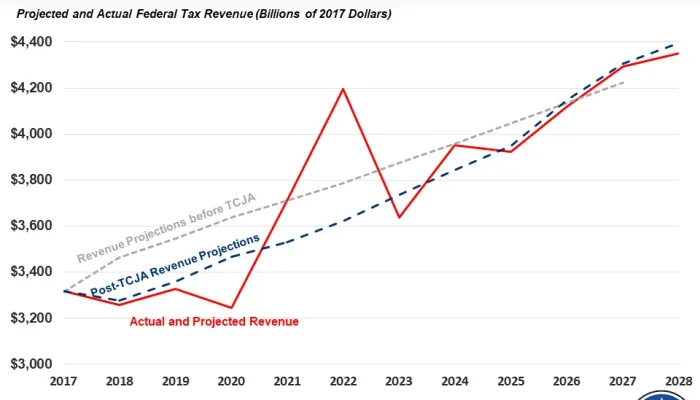The Unlikely Fiscal Pair
If the current budget drama in Washington ever becomes the stuff of a feature film--yes, a real stretch, but we've seen worse from Hollywood--maybe it could be a buddy film. Senators Tom Coburn (R-OK) and Dick Durbin (D-IL) could be cast as the main protagonists--unlikely partners thrust into a difficult quest.
As Dana Milbank points out in his Washington Post column today, Coburn and Durbin prove that politics can make for strange bedfellows. Without getting into which one is Mel Gibson and which is Danny Glover, whether Congress can make the tough choices to improve our bleak fiscal outlook may well hinge on the ability of these two to work together and overcome the pressure from their respective bases. Milbank notes the challenges these two face as members of the "Gang of Six" that is attempting to reach a long-term bipartisan budget deal. As Milbank writes:
The resistance from both sides will be intense; after all, the much smaller effort to cut spending in the current fiscal year has brought threats of a government shutdown. And nobody will feel the pressure more than the group’s most conservative member, Coburn, and its most liberal, Durbin. The success of the Gang of Six depends on this political odd couple: whether Durbin, the No. 2 Senate Democratic leader, can persuade Democrats to accept some Social Security cuts and whether Coburn, a doctor, can overcome Republicans’ anaphylactic response to tax increases.
Sen. Durbin is well aware that any Social Security reforms he endorses will be met with heavy criticism from within his own party. After all, Senate Majority Harry Reid (D-NV) held a "Back Off Social Security" rally Monday and insisted he wouldn't consider any changes to the program for at least "two decades". As Sen. Durbin said when he supported the final report of the Fiscal Commission, which included Social Security reforms, "My vote will be widely criticized".
Sen. Coburn has already clashed twice with Grover Norquist, the leading advocate against any tax increases. First because Coburn and his Republican allies on the Gang of Six had refused to rule out any tax increase in the group negotiations. In their response the three stated "Our pledge is to protect taxpayers, not special interests. To do so we must analyze every aspect of the federal budget, including the tax code." This week Coburn was criticized for putting forth a proposal to end the ethanol tax expenditure that Norquist says violates the "Taxpayer Protection Pledge" he signed. In response, Sen. Coburn sent Norquist a letter saying:
Continuing to issue blanket defenses of all tax expenditures is a profoundly misguided embrace of progressive, activist government and a strategy for tax complexity, tax deferment, excessive spending and unsustainable deficits. Under your logic, reducing provisions in the code such as the Earned Income Tax Credit would constitute a violation of your pledge unless it was "offset" by another so-called "tax cut," such as an expansion of the ethanol subsidy. This is hardly sound conservative economics.
Verbal shoot outs, high-stakes negotiating, intrigue. This could be a decent film after all.


